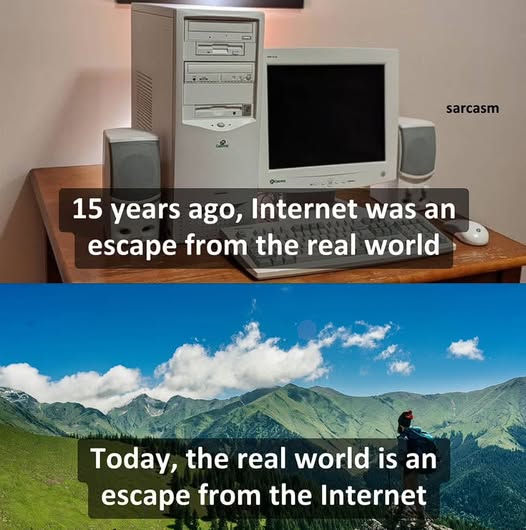
“The Arab world is increasingly divided between those who are losing everything, and those who have everything.
For the past few months, there has been a grim new ritual whenever I meet people from some Arab countries. It’s a sort of mutual commiseration and checking in. How are things with you? Where is your family? I hope you are safe, I hope they are safe. I hope you are OK. We are with you.
There is a comfort to it, and also an awkwardness. Comfort because the words are earnest, the solidarity almost unbearably meaningful. Awkward because the scale of what many are enduring is too large to be captured in those words. Everything feels shot through with survivor’s guilt, but also with a little bit of resolve in the knowledge that the calamities tearing apart our nations have closed the distances between us.
At the heart of it all is Palestine – an open trauma that haunts interactions. A muteness has set in, where before there was anger and shock. Added to this is Lebanon. … At the same time, Sudan is a year and a half into a bewilderingly savage war. …
Zoom out further and the scene across the Arab world looks historically bleak. Fires big and small are burning everywhere. Many countries – Libya, Iraq, Yemen, Syria – are either divided by low-grade rumbling conflicts (Syria is once again escalating), or struggling through humanitarian crises.
The tolls of the past few years are staggering. Not just in terms of death, but displacement, too. … Almost every Sudanese person I know, within and outside Sudan, is huddled with other family members in temporary circumstances, living out of a suitcase, waiting for the next time they have to move again. …
Another toll, less urgent when one is speaking of life and death, looms in the background. Large historical cities are being ravaged and a process of civilisational erasure is under way. All of Syria’s Unesco world heritage sites have either been damaged or destroyed. Gaza’s Great Omari mosque, whose origins date back to the fifth century and which has been described as ‘Gaza’s historic heart’, was laid to ruin by the IDF. The old city of Sana’a in Yemen, inhabited for more than 2,500 years, has been classified as ‘in danger’ since 2015. This year, in Sudan, tens of thousands of artefacts, some of them dating back to the pharaonic era, have been looted. Cities can be rebuilt, but heritage is irreplaceable.
Even stable countries such as Egypt have not escaped this cultural sabotage. Heritage sites are being razed to make way for urban development by a government that is racing to rebuild Egypt to conform with its monoculture of military rule. In this, there is a metaphor that applies across the region. For the sake of entrenching power, the political establishment is happy to vandalise identity.
Even in my own mind, I can feel cultural contours blurring as physical architecture disappears. And with it, so many other things are being erased – a sense of rootedness, of continuity, of a future. I look at my children and am chilled by the realisation that the very topography of Sudan, and the Arab world as I experienced it through literature, art and travel, is something they will never know. …
I sound like an old nostalgic woman now, I know. Singing the blues of exile, idealising a past that was always far from ideal, ready to annoy a new generation and tell them that it wasn’t always like this. Because I was once that new generation, listening to elders smoking Marlboro Reds and drinking tea and telling me it’s a shame you never experienced the heyday, when we used to study medicine in Baghdad for free, go to the theatre in Damascus, host Malcolm X in Omdurman. When we had behemoth publishing houses and a pan-Arab solidarity. I used to think, well, isn’t that failure yours as well? Because your class didn’t manage to translate that into a political project that wasn’t constantly hijacked by military men and dictators.
As the centre of political and economic power in the region shifts to the oil-rich Gulf states, which are becoming concentrated expressions of hyperconsumerism and modernity, … high-octane sports events and extravaganzas of glamour, as orgies of violence unfold elsewhere. …
An Iraqi friend recently offered me some solace on Sudan. Baghdad was starting to feel normal, she told me, for the first time in 20 years. Things were far from ideal, but there was a possibility that in a few decades, there would be a chance for a new start. And maybe the best you can hope for is a new start, and not a rehabilitation of the past. In the meantime, all that can be said to friends and strangers, all now countrymen, is I hope you are safe. I hope you are OK. We are with you.”
aus: Nesrine Malik: From Beirut to Khartoum, the Arab world is changing beyond our recognition, The Guardian online, 2.12.24, im Internet.
Abb.: Smurf our blue planet, Europakruispunt, Brussel, April 2024, auch im Internet.
12/24

